About ELSA
ELSA is present at the local, national, and international levels in Europe.
ELSA – The European Law Students' Association
The European Law Students’ Association (ELSA) is an international, independent, non-political, not-for-profit student organization run by and for students and recent graduates interested in achieving academic and personal excellence in addition to their legal or law-related studies at university. ELSA aims at providing its members a platform to develop their existing skills and acquire new ones, to interact with fellow students and experienced practitioners from different states and legal systems around Europe, and to be equipped for a professional life in an international environment, through mutual understanding, intercultural cooperation and the large variety of activities and projects the Association offers.
ELSA Mission Statement
VISION
A just world in which there is respect for human dignity and cultural diversity.
PURPOSE
To contribute to legal education, to foster mutual understanding and to promote social responsibility of law students and young lawyers.
AIMS
To develop professional and student relations of an international nature in the field of Law, to prepare members for professional life in an international environment, to contribute to the exchange of scholarly experience and to stimulate mutual understanding and friendship on the principle of equality of all its members.
MEANS
By providing opportunities for law students and young lawyers to learn about other cultures and legal systems in a spirit of critical dialogue and scientific co-operation. By assisting law students and young lawyers to be internationally minded and professionally skilled. By encouraging law students and young lawyers to act for the good of society.
ELSA Groups
ELSA consists of entities at three levels: local, national, and international. Together the three levels form the ELSA Network.
At the local level, ELSA is organised in Local Groups, established and functioning in conformity with the legal order permitted by national laws, and subscribing themselves to the aims and activities of ELSA. Local groups operate within a geographical area or at one or more collocated academic institutions. In Finland there are four local groups: ELSA Helsinki, ELSA Joensuu, ELSA Rovaniemi, and ELSA Turku. In total, the local groups cover 375 universities and faculties.
At the national level, ELSA is organised in National Groups being the organisations, which confederate local groups present in each respective State. They represent ELSA nationally and their local groups in the international network. The Finnish National Group is called ELSA Finland. In total there are over 40 national groups.
At the international level, the association is represented by the International Board, which operates in Brussels, Belgium for the duration of its one-year term.
ELSA Membership
Individuals become ELSA members by joining the Local Group at their university or faculty. Check our membership page for more information about ELSA membership benefits and how to join.
Decision-making at ELSA
Similarly to the group structure of ELSA, decision-making activities at ELSA also take at three levels: local, national, and international. The Finnish local groups hold annual statutory meetings where (among other important things) a new Board is chosen via vote by the group’s members. The board elections are usually followed by a call for directors, team members assisting the Board in its activities. Both the board and directors are chosen for a term of one year. No previous experience is required, so local group elections and directorships are a great way to get started with ELSA, so don’t hesitate to join the statutory meetings or apply to be a director! The dates and details for applying vary between groups, so follow your group in the social media or contact them directly to get informed.
The national group ELSA Finland holds twice per year a National Council Meeting (NCM) where local groups discuss and vote on ELSA issues. In the spring meeting, the next National Board is chosen for a one-year term, also followed by a call for directors to assist them. In addition to elections and statutory meetings, the national meetings include workshops, topical discussions, and relaxed social programme. The national meetings are open for all members to join, and the event fees are usually relatively affordable. Joining the national team another great way to get involved with ELSA, so send your application!
At the International Council Meeting (ICM), held twice per year in varying European countries, ELSA National Groups exercise their voting rights on important ELSA issues, statutory proposals, and amendments. International Council Meetings last five days in autumn and a week in spring and consist of workshops, plenary meetings, conferences, and relaxed social programme. International meetings are a great way to experience international working environments, network with fellow students, and travel in Europe.
Activities and Areas
Most activities at ELSA are divided into several Areas. The four Key Areas are focused on organizing events and educational activities as well as career and networking opportunities for law students. The Supporting Area teams manage, coordinate, and provide financial and marketing support for the organization.
Key Areas
Academic Activities (AA) aims to organise versatile, involving and academic activities. The area
is also responsible for human rights advocating and promoting social responsibility as ELSA’s
values.
Seminars and Conferences (S&C) offers opportunities for law students and young lawyers to
deepen their knowledge of different legal areas and get to know international institutions and
students across Europe.
Professional Development (PD) aims to develop and improve professional skills of law students
and young lawyers. The area organises ELSA’s international traineeship programme, ELSA
Traineeships, that offers traineeships and international work experience for law students and
young lawyers.
Competitions (C) offers academic competitions to support law students’ university education.
The area organises for example ELSA Finland’s National Moot Court Competition and National
Essay Competition
Supporting Areas
Board Management, External Relations and Expansion (BEE) is one of the main responsibilities of the President and involves organising and coordinating the work of board members.
Internal Management (IM)is one of the Supporting Areas of ELSA that executes stable management of the Association, ensuring constant development and cohesion within it. It is mainly responsible for Internal Affairs, Knowledge Management, Administration, Communication, Information Technology, Human Resources and Training.
Financial Management (FM)is one of the Supporting Areas of ELSA that provides financial support for the organization. The Treasurer is in charge of the financial management of ELSA, and is responsible for the financial planning, management of ELSA’s assets, accounting and billing.
Marketing (MKT) is one of the Supporting Areas of ELSA which aims to raise the awareness of ELSA in society. It provides marketing materials and strategies for the realisation of the activities and projects of all areas of ELSA in cooperation with the respective officers. Marketing builds relationships with different target groups and makes sure ELSA is presented to them according to their needs.
Synergy Magazine
ELSA has a member publication, the Synergy Magazine. Established in 1987, the Synergy Magazine contains articles written by students, lawyers, and academics, and it is distributed internationally. The magazine is published approximately twice per year, one edition in the fall and one edition in the spring. Themes of the magazine include Human Rights topics, international legal developments, as well as ELSA members sharing their experiences.
The Patron of ELSA
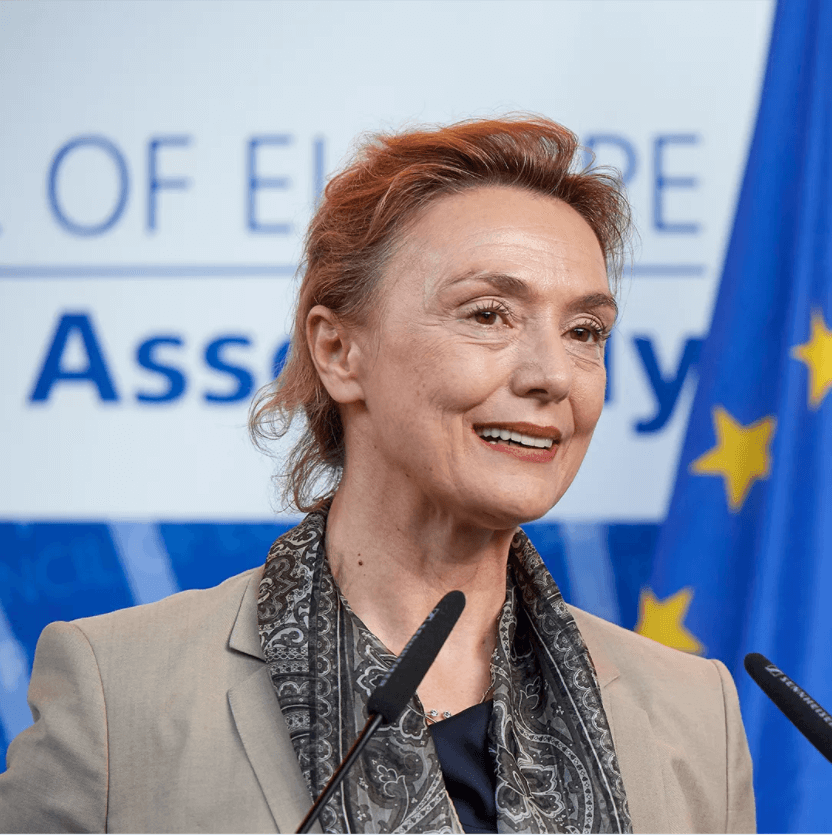
Marija Pejčinović Burić is the Secretary General of the Council of Europe and is the Patron of ELSA. ELSA is both honoured and proud that Ms Pejčinović Burić accepted to support the Association, which corroborates the close cooperation of ELSA with the Council of Europe.
Prior to being elected to her current position, Ms Pejčinović Burić was Deputy Prime Minister and Minister for Foreign and European Affairs of the Republic of Croatia, having served previously, on two occasions, as State Secretary for EU Affairs. During her time as a Deputy in the Croatian Parliament, she chaired the delegation of the Croatia-EU Joint Parliamentary Committee, headed the delegation of the Croatian Parliament to the
NATO Parliamentary Assembly and served on a range of foreign and European-themed
committees, including in the position of Substitute Member of the Croatian Delegation to
the Parliamentary Assembly of the Council of Europe.
Earlier in her career, Ms Pejčinović Burić held a number of senior positions relating to the Croatia’s EU accession process. She has written, lectured and consulted widely on European affairs, has served as a president and board member for a number of organisations and is a former Secretary General of the Europe House, Zagreb. Ms Pejčinović Burić holds a Bachelor of Science Degree from the Faculty of Economics at the
University of Zagreb, and a Master in European Studies from the College of Europe.
